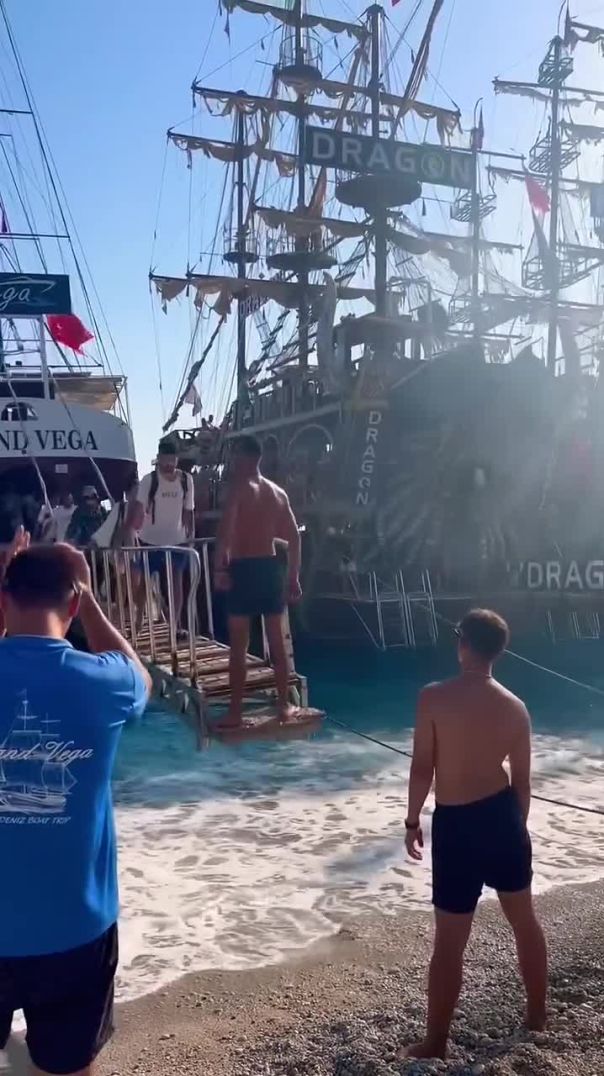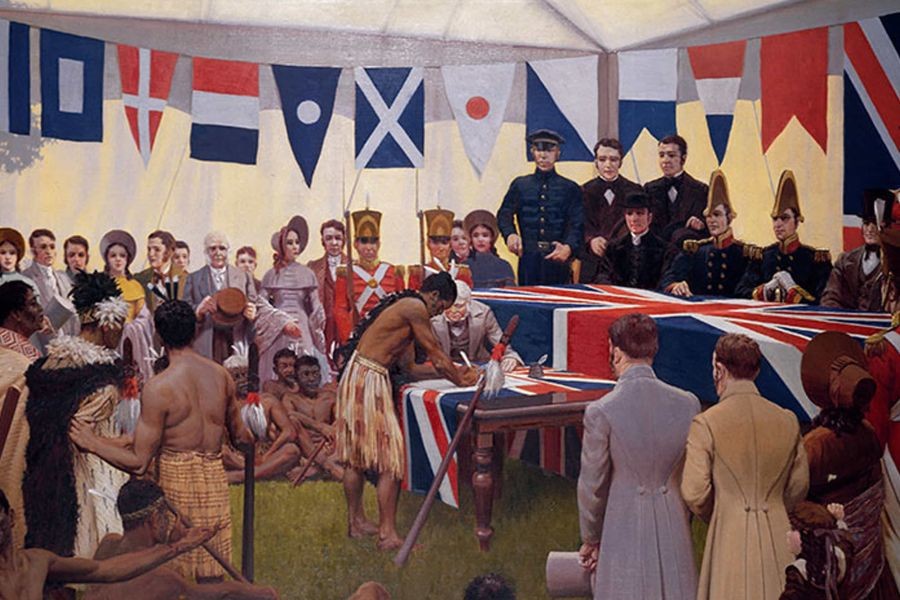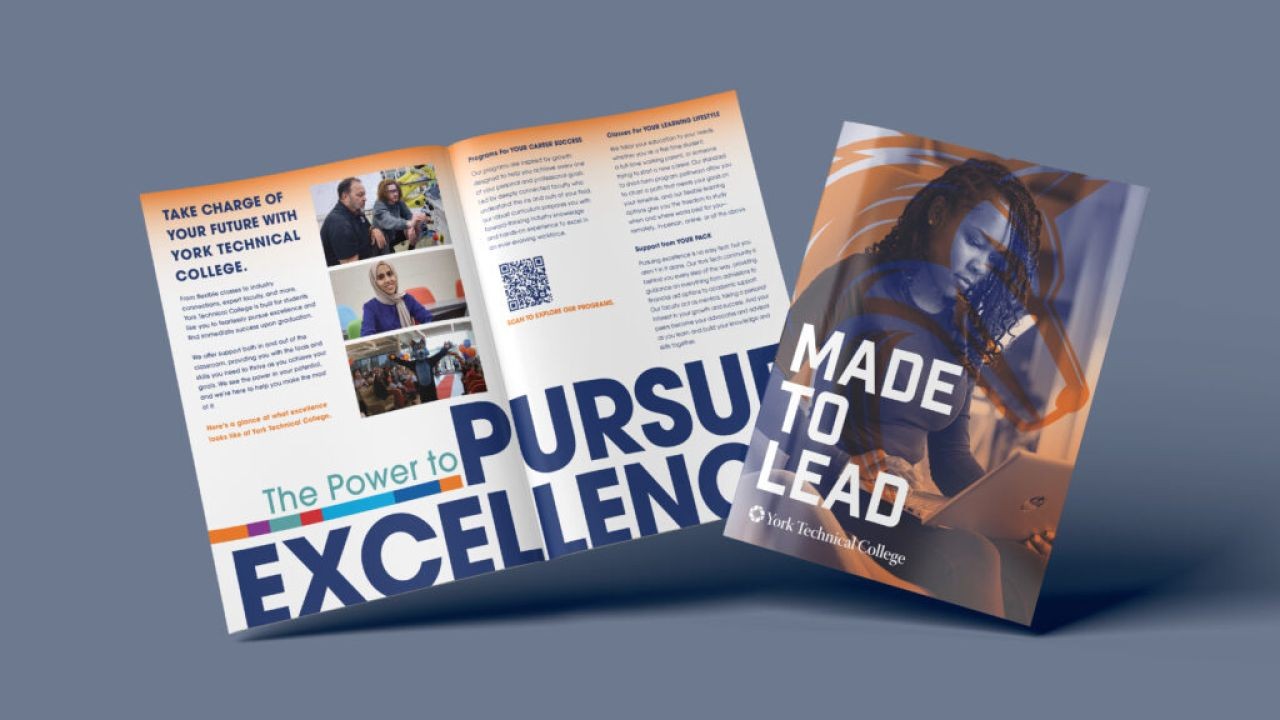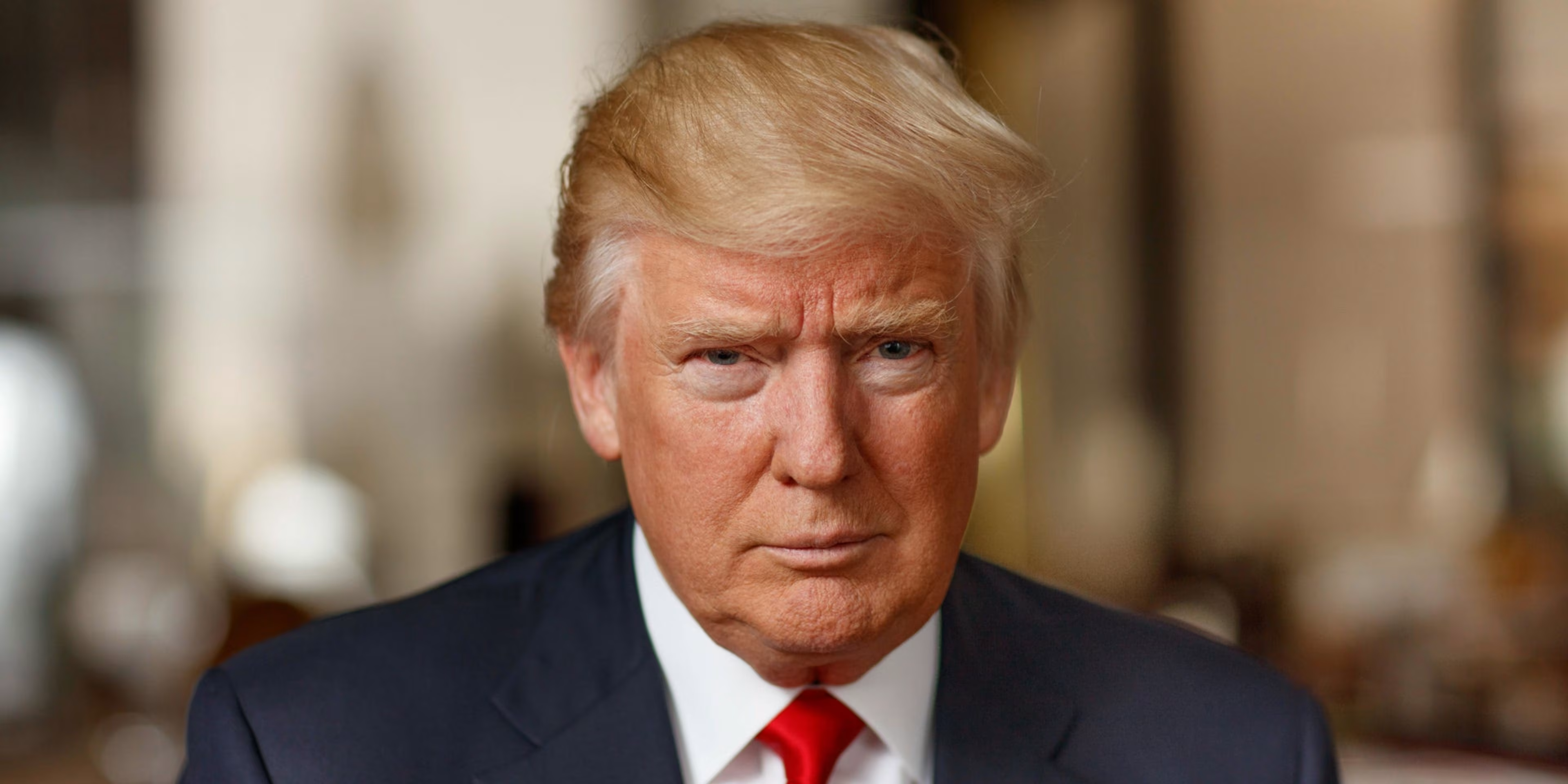The Treaty of Waitangi, signed in 1840, remains a cornerstone of New Zealand's national identity and governance. Yet, discussing it, especially from the perspective of non-Maori New Zealanders, often leads to mistakes that can perpetuate misunderstandings or tensions. Understanding these common pitfalls is crucial, particularly in a country where cultural and historical nuances significantly impact social and economic dynamics.
Understanding the Treaty of Waitangi: A Historical Context
The Treaty of Waitangi was intended to establish a framework for the relationship between Maori and the British Crown. However, discrepancies between the English and Maori versions have led to ongoing debates about its interpretation. This complexity is emblematic of broader challenges faced by New Zealand in navigating its colonial past.
Pros & Cons of Engaging with the Treaty
Pros
- Improved Cultural Understanding: Engaging with the Treaty fosters a deeper appreciation of Maori culture and history, promoting social cohesion.
- Economic Partnerships: Businesses that incorporate Treaty principles can strengthen relationships with Maori communities, unlocking new economic opportunities.
- Policy Development: Understanding the Treaty aids in crafting policies that are equitable and inclusive, supporting sustainable development.
Cons
- Misinterpretation Risks: Without proper understanding, discussions can perpetuate misconceptions, leading to social tensions.
- Complex Legal Implications: The Treaty’s legal status can complicate policy-making and commercial negotiations.
- Resistance to Change: Some sectors may resist integrating Treaty principles, viewing them as disruptive to existing practices.
Case Study: Fonterra's Treaty Engagement
Fonterra, New Zealand's largest dairy cooperative, provides a compelling case study of successful Treaty engagement. Recognizing the importance of Maori partnerships, Fonterra has actively sought to incorporate Treaty principles into its operations.
Problem: Fonterra faced challenges in maintaining sustainable relationships with local Maori communities, crucial for land use and resource management.
Action: The company established a dedicated Maori partnership strategy, emphasizing mutual respect and shared benefits. This included regular consultations with iwi (tribes) and investing in community development projects.
Result: Fonterra reported a 30% increase in cooperative agreements with Maori landowners, facilitating access to valuable resources and enhancing its corporate reputation.
Takeaway: Fonterra's approach underscores the importance of genuine engagement with Treaty principles, resulting in mutual economic and social benefits.
Data-Driven Insights: Treaty Impact on the Economy
According to Stats NZ, the Maori economy is valued at approximately NZD 50 billion, with projections indicating continued growth. This underscores the potential economic benefits of integrating Treaty principles into business strategies. Furthermore, a Reserve Bank of NZ report highlights that companies with robust Maori partnerships often experience higher resilience during economic downturns, thanks to diversified support and resources.
Common Myths & Mistakes in Treaty Discussions
Myth: "The Treaty is only a historical document."
Reality: The Treaty is a living document, influencing contemporary legal and social frameworks in New Zealand.
Myth: "All Maori benefit equally from the Treaty."
Reality: Benefits vary significantly among different iwi and hapu, highlighting the need for tailored approaches.
Myth: "Non-Maori New Zealanders have no role in Treaty discussions."
Reality: Constructive involvement from all New Zealanders is crucial for meaningful reconciliation and partnership.
Future Trends: The Treaty in Modern Business
Looking ahead, businesses in New Zealand will increasingly integrate Treaty principles as part of their corporate social responsibility strategies. This trend is driven by consumer demand for ethical practices and the recognition of Maori as key stakeholders in sustainable development. A Deloitte report predicts a 40% increase in businesses adopting such frameworks by 2028, driven by both regulatory changes and consumer expectations.
Conclusion: Final Takeaways & Call to Action
Understanding the Treaty of Waitangi is not just a matter of cultural sensitivity; it is a strategic business imperative in New Zealand. By fostering genuine partnerships and respecting the Treaty’s principles, businesses can unlock new economic opportunities and contribute to a more cohesive society.
Key Takeaways:
- Engage with Maori communities through genuine partnerships to enhance business resilience.
- Incorporate Treaty principles into corporate strategies to meet growing ethical consumer demands.
- Avoid common misconceptions by educating yourself and your team on the Treaty’s historical and contemporary significance.
To stay ahead in integrating Treaty principles in business, consider attending workshops or consulting with Maori experts. Share your thoughts and experiences with Treaty discussions in the comments below!
People Also Ask (FAQ)
How does the Treaty of Waitangi impact businesses in New Zealand?Businesses that integrate Treaty principles often report stronger relationships with Maori communities and improved access to resources, enhancing resilience and sustainability.
What are the biggest misconceptions about the Treaty of Waitangi?A common myth is that it is only a historical document, but it continues to influence legal and social frameworks in New Zealand today.
Related Search Queries
- Treaty of Waitangi economic impact
- Maori business partnerships
- Fonterra and Maori communities
- New Zealand corporate social responsibility
- Integrating Treaty principles in business
- Maori economy growth
- Treaty of Waitangi myths
- NZ businesses and Treaty engagement
- Maori partnerships and sustainability
- Future of Treaty discussions in NZ


































LauriAnnoi
9 months ago